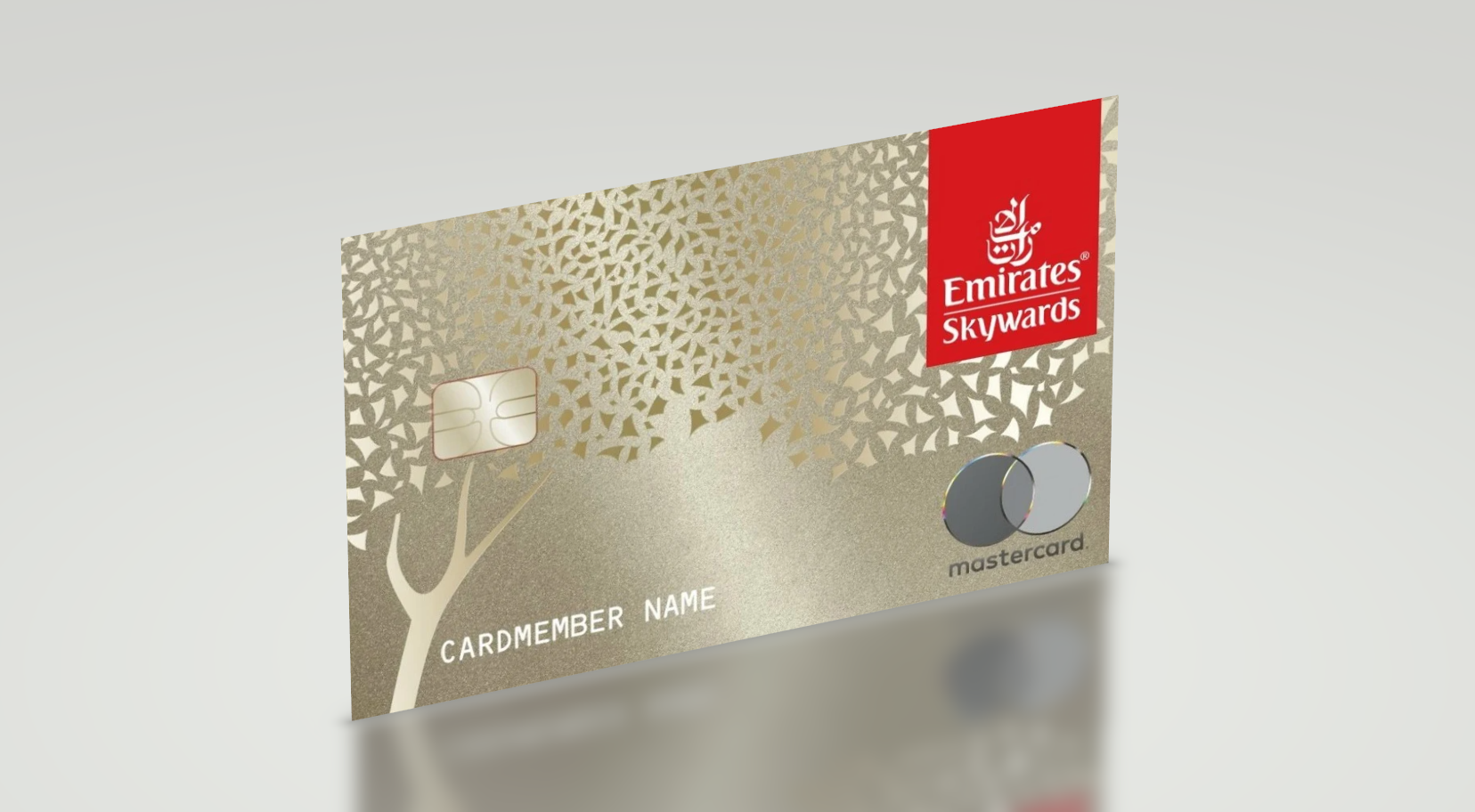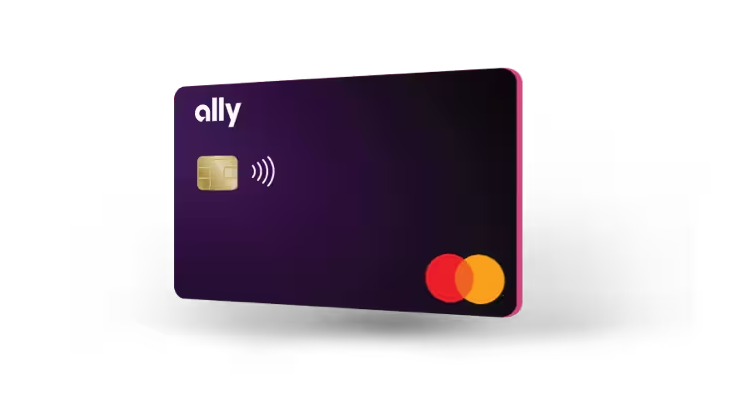The Role of Credit Cards in Managing Financial Emergencies

Understanding Financial Safety Nets
In times of financial uncertainty, it is essential to have a safety net that can support you during unexpected situations. Credit cards often emerge as a crucial tool in these scenarios, providing not just purchasing power but also peace of mind when emergencies strike. From unplanned medical bills to urgent home repairs, these events can disrupt your financial stability in a heartbeat. Envision a moment when you face a sudden medical emergency; your credit card can be an immediate resource to cover those hefty expenses while you navigate your health care options.
Medical Expenses
Unforeseen health issues can lead to significant financial strain. For instance, a sudden visit to the emergency room can easily rack up bills that might not be covered entirely by insurance. Having a credit card allows you to address those medical expenses swiftly, ensuring you receive the necessary care without the worry of immediate payment. In the United States, where healthcare costs can be exorbitant, knowing that you can charge a visit to the hospital gives a layer of financial protection during your most vulnerable moments.
Home Repairs
Imagine waking up to a flooded basement or a failing heater in the middle of winter; these types of home emergencies demand immediate action. Home repairs such as fixing a burst pipe or addressing electrical issues require not only prompt attention but also substantial financial resources. By using a credit card, you can engage a professional quickly and prevent further damage, alleviating stress over potential long-term consequences to your home.
Job Loss
A sudden job loss can throw anyone into a financial tailspin. When transitioning between jobs, the lack of consistent income can lead to significant anxiety and concern about meeting everyday expenses. Credit cards can serve as a temporary buffer, allowing you to cover essential bills like rent, groceries, and utilities while you search for your next opportunity. However, it is crucial to use this option judiciously to avoid falling into a cycle of debt.
Being a responsible credit card user means being aware of the implications tied to your spending. Understanding interest rates, repayment terms, and your own spending habits is vital to gaining control over your finances. These factors together inform a conscious approach that allows you to leverage your credit card as an empowering tool rather than a looming burden.
With a solid financial plan, credit cards can transition from a source of anxiety to a reliable aid during challenging times. By using them wisely, you harness their potential to provide security and confidence in your financial journey. Facing financial uncertainties armed with the right tools can empower you to overcome obstacles, ensuring you’re not just surviving but thriving in moments of need.
DISCOVER MORE: Click here to learn how to use your card for recurring payments
Unexpected Expenses on the Rise
In today’s fast-paced world, the likelihood of encountering unexpected expenses is higher than ever. Whether it’s resolving a vehicle breakdown or handling a surprise tax bill, these financial surprises can quickly derail even the best-laid budgets. Here, credit cards can play an invaluable role, offering a reliable cushion to soften the impact of sudden expenses. This financial flexibility can provide you the breathing room to address the immediate issue without sacrificing your long-term financial health.
Travel Emergencies
Traveling, while often exciting, can also come with its own set of challenges. Picture this: you’re on a much-anticipated vacation when your flight gets canceled, or your luggage gets lost. In these moments of chaos, having a credit card can be a game changer, allowing you to book alternate flights or secure accommodations without stressing over your available cash. These situations can often lead to unexpected financial demands, and being equipped with a credit card means you can navigate these hurdles effectively.
Preparedness is Key
The true strength of credit cards lies not just in their ability to provide funds during emergencies but also in their potential for preparation. Building a financial plan that includes a thoughtful approach to credit card usage can serve as a proactive measure against turmoil. Consider the following strategies:
- Set a Limit: Determine a monthly expenditure limit to ensure you are not overspending.
- Establish an Emergency Fund: Even with a credit card, an emergency savings account can act as the first line of defense.
- Review Your Cards: Understand the rewards and protections your credit cards offer. Some provide extended warranties or travel insurance, which can be financially beneficial.
- Track Your Spending: Use budgeting tools to monitor how you use your cards. This awareness can help you reincorporate mindful spending habits.
Being in control of credit card usage during emergencies is about cultivating an understanding that can transform these tools into essential allies. The emotional strain during financial crises can lead to hasty decisions. By preparing beforehand, you take charge of your finances, making empowered choices when those unexpected moments arise.
A Balance Between Relief and Responsibility
Ultimately, credit cards should be viewed as a double-edged sword. They offer a quick solution to pressing needs but can lead to regrettable debt if not managed wisely. Understanding the nuances of your card, including interest rates and payment terms, is critical to harnessing their power effectively. As you consider the role of credit cards in a financial emergency, the goal should always be to use them strategically, ensuring that they are an asset rather than a liability.
DISCOVER MORE: Click here for valuable financial tools
Leveraging Rewards and Benefits Wisely
Credit cards are not just a means of borrowing; they can also be a source of valuable perks when used effectively. Many credit cards come with reward programs that can be especially advantageous during emergencies. For instance, if a medical emergency strikes and you need to pay for urgent services, using a card that offers cashback or points can alleviate some of the financial burden. Over time, these rewards can even contribute to major expenses or purchases, providing a layer of support during a crisis.
Additionally, many cards provide travel protections that include trip cancellation insurance, lost baggage compensation, and assistance with emergency travel arrangements. If you find yourself in a bind while away from home, the use of a credit card with these types of benefits can save you not only money but also time and stress. When choosing a credit card, it’s essential to research and understand the various benefits and protections it offers to maximize its potential during unexpected situations.
The Importance of Credit Score Management
Your credit score is a vital aspect of your financial profile that can significantly affect your ability to manage emergencies effectively. A higher credit score may qualify you for cards with lower interest rates and superior benefits, providing you with a safety net when financial crises occur. Regularly monitoring your credit score and taking steps to improve it—such as paying off debts and making timely payments—ensures that, when the need arises, you can access credit at terms that are manageable.
Moreover, maintaining a strong credit score allows you to have choices. Whether it’s securing a personal loan at a favorable rate or receiving an increase on your credit limit, a good score offers the financial flexibility that can be critical in emergencies. Remember that small adjustments in your financial behavior can lead to significant improvements in your creditworthiness over time.
Use of Balance Transfers for Financial Relief
In the aftermath of an unexpected expense, your credit card can also be used to facilitate a more manageable payment strategy through balance transfers. If you find yourself with high-interest debt, transferring your balance to a card with a lower interest rate can provide financial relief. Many credit cards offer promotional lower rates for balance transfers, allowing you to reduce the total amount of interest paid over time. This strategy can free up cash flow that might be needed for other obligations, providing a breath of fresh air during financial turbulence.
Of course, it’s essential to read the fine print and be cautious of transfer fees and the end of promotional periods. Making informed decisions about balance transfers can ease the pressure of debt, ensuring that your credit card remains a tool for financial management rather than a source of additional stress.
Responsible Usage Cultivates Stability
While credit cards offer the promise of instant relief during financial emergencies, it’s essential to approach them with a sense of responsibility. Embracing a mindset of awareness and strategic planning not only prepares you for the unexpected but also fosters financial resilience. Instead of relying solely on your credit card as your first line of defense, view it as part of a broader financial strategy that includes savings, budgeting, and resource management. This balanced approach will empower you to navigate life’s uncertainties with confidence and stability.
LEARN MORE: Click here for insights on what to do when you can’t pay your credit card bill</a
Embrace Financial Empowerment
The financial landscape today is full of twists and turns, making credit cards a vital ally in navigating the unexpected expenses that life can throw at us. Consider the countless scenarios that can lead to unplanned financial burdens—an unexpected medical bill, emergency car repairs, or even a necessary home repair like a leaking roof. In such circumstances, having a credit card can provide a critical safety net that allows you to address these issues without derailing your financial stability.
Understanding the multitude of benefits associated with credit cards is crucial. Many cards come equipped with rewards programs that allow you to earn cash back, travel points, or discounts on future purchases. For instance, using a rewards card for everyday purchases like groceries can lead to significant savings over time, contributing to your overall financial wellbeing. Additionally, features such as travel protections, purchase protections, and even rental car insurance can be invaluable. They provide not only peace of mind but also financial coverage in unforeseen situations, reinforcing the idea that credit cards can work for you rather than against you.
The Importance of Credit Scores
Your credit score is another critical component of effective credit card management. A higher credit score can unlock access to premium credit card offers that feature lower interest rates and better perks. Regularly monitoring and maintaining your credit score can ensure that you are prepared to secure the best credit options available when you need them most. Simple steps such as paying off your balance on time, utilizing a small percentage of your credit limit, and regularly checking your credit report can make a significant difference.
Strategic Financial Management
Responsible credit card management transforms these tools from potential stressors into valuable resources. Techniques such as strategic balance transfers can help you manage debt more effectively by allowing you to consolidate payments and minimize interest costs. This proactive approach not only reduces financial strain but also empowers you to take control of your financial situation.
Ultimately, the choice is yours to build a sound financial strategy. By treating credit cards with mindfulness and responsibility, you champion your financial stability even amidst uncertainty. Let this be an invitation to deepen your financial literacy. Set aside time to learn about credit, manage your score, and explore the vast benefits of credit cards. With a determined and informed perspective, you can face life’s challenges head-on, transforming potential setbacks into opportunities for growth. Embrace the resilience fostered by sound financial practices, and watch as you cultivate the capacity to weather any storm that comes your way.


